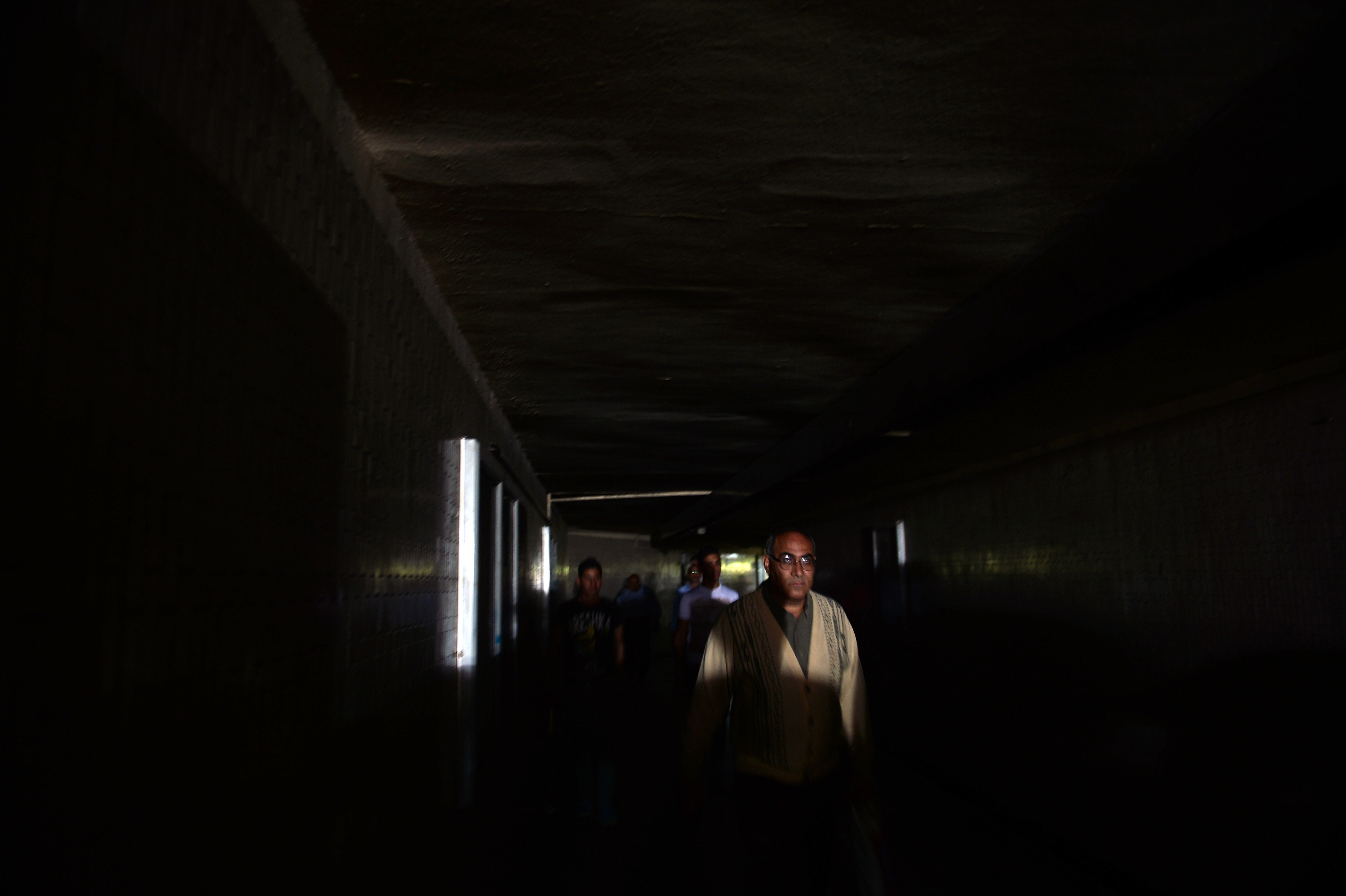ALEXANDRIA:: Fatheya Mahmoud makes a living by cooking and cleaning people’s homes. She lives in a small room with her two children and two grandchildren. The room is part of a garage in a building where her husband is the doorman. Their monthly income does not exceed LE 1,000, yet the night before Eid Al Adha, a big smile was on her face in anticipation of the feast.
Every family in Egypt has some sort of ritual when it comes to Eid Al Adha, mostly revolving around food. The wealthy in the city usually start their daily rituals by slaughtering the sacrificial lamb.
But in Islamic tradition, festivities are not restricted to those who can afford to celebrate. It is part of Islamic tradition to give the less fortunate some of that sacrificial lamb and in the morning of Eid, people gather to receive their share.
As is the case in Eid Al Fitr, the first day of Adha begins at the break of dawn with prayer usually in open areas. Spaces are decorated with balloons and filled with gifts for children. Rich and poor, young and old, men and women come together in the prayer area calling, “Allah is great, Allah is great, There is no God but Allah, Allah is great, Allah is Great, Allah we thank. A short sermon follows the prayer.
People like Fatheya and her husband usually spend Eid morning with the families they work for to help cut the meat and bag the portions that will be distributed among the poor.
Although it s illegal city-dwellers usually slaughter their sheep in garages so Fatheya’s husband Mahmoud stands helps with the cleaning.
Fatheya, however, doesn t complain about starting the day with work. Afterwards, she gets to go home to participate in her own family’s rituals and celebrations.
For Fatheya the Eid is all about eating the traditional fatta (a mix of rice, bread and meat seasoned with a pungent garlic and coriander dressing), rokak (minced meat pie) as well as fennel and lupin seeds for breakfast.
Then they take the children to the famous Abo El Abbas district in Alexandria to enjoy the rest of the day on the rides and in small gardens outdoors.
Fatheya said her brothers, who live in the villages, usually buy a sacrificial baby animal – be it a sheep, goat or cow – for around LE 200 at the beginning of the year. They raise the animal until Eid, when the animal is big enough to slaughter. She said that her family used to do this when they lived in the village. But when she moved to the city with her husband, it became too expensive to buy an animal to slaughter.
But these financial limitations have not sapped the excitement from the feast – both Fatheya and her husband know the significance of the sacrificial animal in Islam and they see the residents of the upscale area in which they work, revive this ritual every year.
The annual Islmic ritual coincides with the Hajj pilgirmage to Mecca and goes back to Prophet Abrahm, who saw in a dream that he must slaughter his son as a sacrifice. Muslims believe that Prophets received their revelations from God through dreams.
When he told his son Ismael about the dream, Ismael showed complete obedience to his Lord and encouraged his father to do as he was ordered. Thus, Prophet Abraham put his son on the sacrificial rock, but as he lifted his knife to slaughter him, Allah spared him and offered a sheep instead as a gift to be slaughtered.
Muslims believe that in order to reward Prophet Abraham for his complete submission to his commandment, Allah saved his son and marked this as a day of celebration for posterity.


